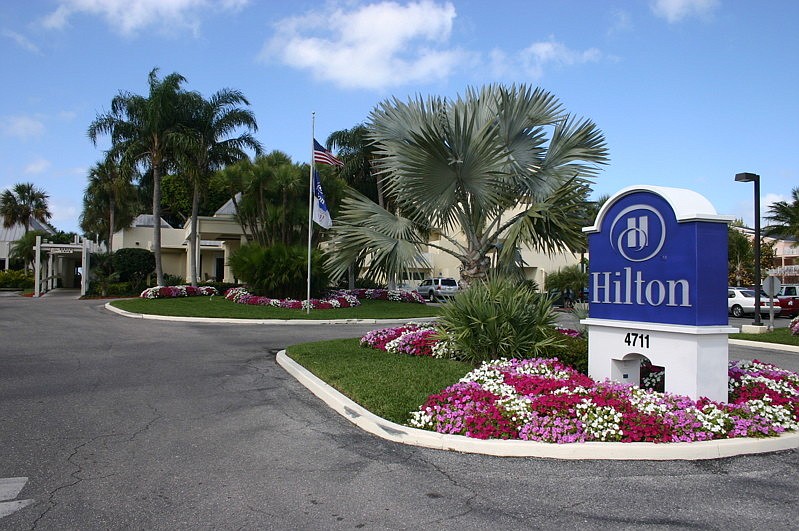- April 24, 2024
-
-
Loading

Loading

The Longboat Key Planning and Zoning Board is open to doing away with a 30-day maximum rental rule for tourism-zoned properties on Longboat Key.
At a planning board special meeting Tuesday, June 14, board members continued to discuss future amendments to the town’s Comprehensive Plan.
Town special counsel attorney Nancy Stroud suggested the town might consider amending its comp plan to do away with a 30-day restriction for tourism units.
Currently, town code does not allow anyone to stay at a tourism-zoned property for more than 30 days.
For instance, tourists who come to the Longboat Key Club and Resort and the Hilton Longboat Key Beachfront Resort are not allowed to stay longer than 30 days.
The same rule existed for those who visited the Colony Beach & Tennis Resort before it closed last summer.
“Does it make any sense to relax that restriction in certain areas?” Stroud asked. “Does the board care whether or not units are restricted to 30 days occupancy or whether they should be allowed to rent for six months to a year?”
The planning board gave Stroud direction to come back with comp plan amendment language that would allow anyone to occupy a tourism unit on Longboat Key for up to six months.
“I can’t imagine we wouldn’t want people to stay longer,” said planning board Chairwoman B.J. Webb.
Planning board member Leonard Garner agreed.
“We are trying to encourage tourism on this island,” Garner said. “If someone wants to stay here for three months or longer, why not let them?”
Realizing there is not much land left the town can acquire for open space purposes, the planning board also made plans to shift the town’s focus toward upgrading the open space lands it already has.
Stroud suggested the town amend its comp plan to support current recreational facilities, while continuing to support land acquisition in the future.
“There is not a lot of land left for the town to acquire,” Stroud said. “That’s the reason for this suggestion.”
The planning board agreed to support an amended policy in its comp plan that reads: “The town will support the appropriate improvement of town-owned and controlled recreation and open space lands with facilities that expand public enjoyment of those lands while balancing the needs of the environment and neighborhood compatibility.”
Potential funding options that could be used to upgrade current facilities include park user fees, developer contributions, general operating budget revenues, grants, partnerships and bonds.
The planning board might also consider making amendments to its telecommunications ordinance, which currently only allows cellular towers to be placed on land zoned for government buildings and churches.
However, the planning board might not consider changes that would allow towers to be placed on other locations around the Key.
When the planning board sent along suggested language that allowed for tower placement in other areas of the Key in 2007, the Longboat Key Town Commission disagreed with the suggestion.
“We already did this once, passed it along to the commission and it got chopped to pieces,” said planning board member George Symanski Jr. “Why should we do this again?”
Planning, Zoning and Building Director Monica Simpson suggested the board consider setting a maximum allowable height for a cellular tower, which currently doesn’t exist.
Stroud also received permission from the planning board to continue to hold special meetings throughout the summer in an attempt to complete its review of the comp plan and submit comp plan recommendations to the Town Commission by the end of the year.